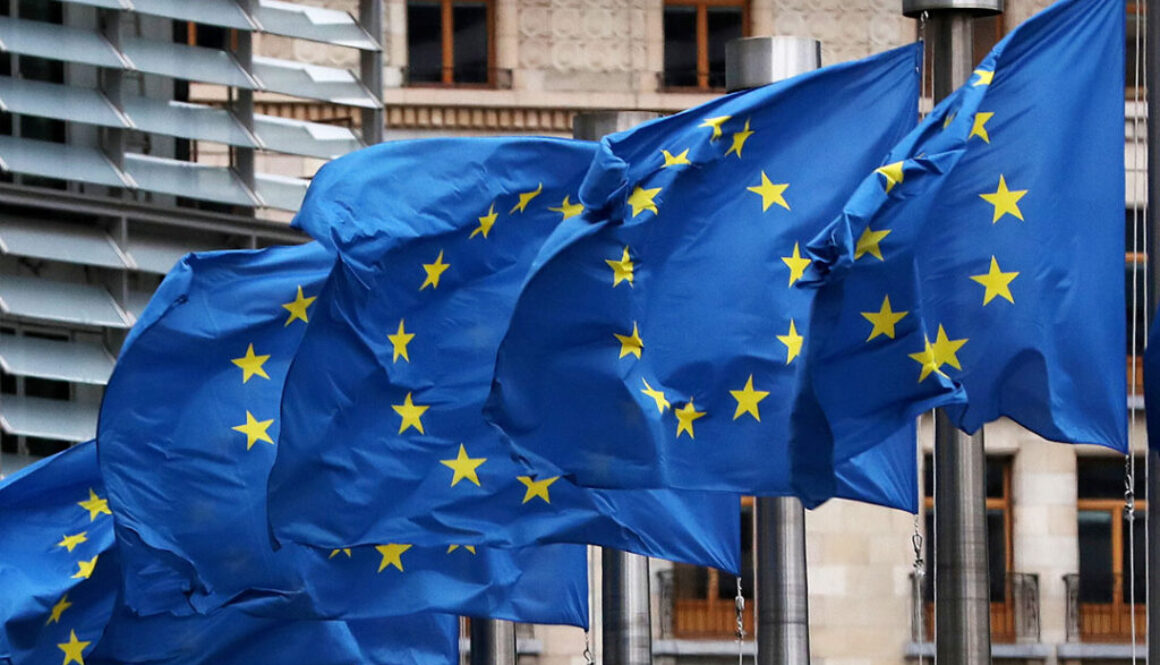India’s Exports At Risk Amid Proposed EU Rules: Report
The European Union’s (EU) various non-tariff measures (NTM), including the Carbon Border Adjustment Mechanism (CBAM), are likely to have an impact on India’s exports to the EU, which is expected to total $37 billion by 2022 or roughly 43 per cent of the exports of the nation, according to the Council on Energy, Environment, and Water.
NTMs are policy measures other than ordinary customs tariffs that can have an economic effect on trade. Developed nations have gradually boosted the issue of NTMs while gradually lowering their tariff levels. Different regulatory environments among trading partners has made it challenging for nations with relatively lenient rules to comply with these complicated procedures, which restricts market access, especially for growing economies like India, it said.
As per the report, India exported goods and services related to CBAM worth approximately USD 9.5 billion as of 2022 to the EU. Textiles, chemicals, specific consumer electronics devices, plastics, and cars are among the major product categories that is said to be impacted by the proposed EU laws. In 2022, India exported goods worth USD 27 billion to the EU or 32 per cent of its total exports. If CBAM sectors are included on the list, the exports of at-risk sectors total USD 37 billion as of 2022 or around 43 per cent of India’s exports to the EU. Report also observed that several proposed legislations lack specificity regarding sectoral focus.
“India can resort to bilateral FTA to develop mutual recognition of compliance assessment activities in the respective countries. Few EU trade agreements, such as the EU-Canada Comprehensive Economic and Trade Agreement (CETA) and the EU-Vietnam Free Trade Agreement, exemplify how this can be achieved,” report suggested to deal with these proposed measures.
Along with acting quickly to use the WTO framework to raise specific concerns regarding NTM notifications by other WTO member countries, India needs to step up its regulatory mechanism to introduce its own standards and NTMs and use these to ensure the quality of its manufactured goods, it added.

